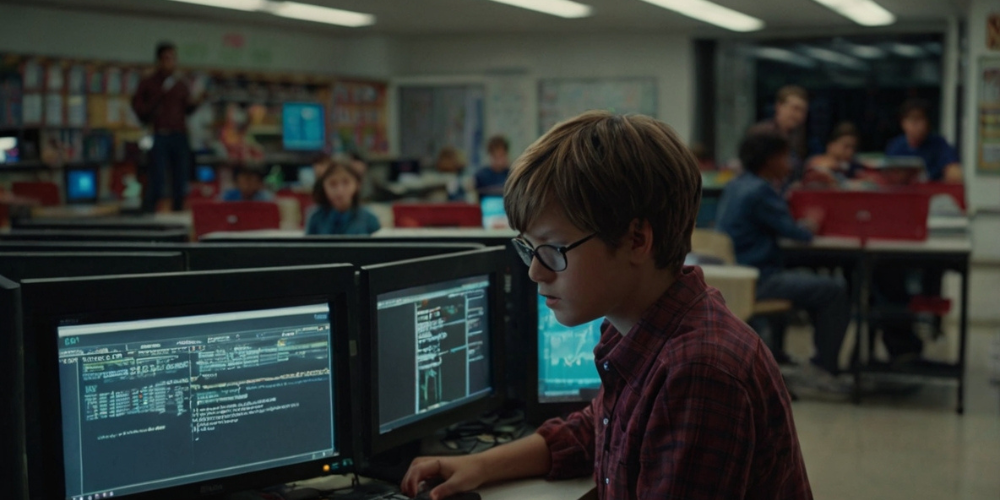
The Transformative Impact of Computer Games on Strategic Thinking
For decades, educators and psychologists have explored various methods to enhance strategic thinking, a critical skill that contributes to problem-solving and decision-making. Among these methods is a goldmine yet to be fully harnessed - computer games. Today, computer games are much more than entertainment tools; they have emerged as effective platforms to develop strategic thinking.
The Intersection of Gaming and Cognitive Development
The nature of many computer games requires players to employ a wide range of cognitive functions. These include attention, memory, perception, and problem-solving. From deciding the best tactics to conquer a gaming opponent to figuring out logical puzzles to move to the subsequent level, players continuously propel their cognitive wheels.
Developing Decision-Making Abilities
Computer games can significantly impact a player's decision-making abilities. In particular, strategy-based games demand players to analyze a multitude of factors, make important choices, and manage resources efficiently. All these actions, repeatedly practiced, enhance players' decision-making skills both in and out of the gaming world.
Boosting Problem-Solving Skills
Another substantial advantage of computer games is their ability to improve problem-solving skills. Games often present intricate challenges that require players to strategize, work through obstacles, and find solutions. In this process, players unknowingly yet progressively hone their problem-solving abilities.
Improving Multitasking and Mental Flexibility
The concept of multitasking is inherent in many computer games. Players frequently need to manage multiple elements simultaneously, demanding a high level of mental flexibility. Over time, this continuous juggling act can foster the enhancement of multitasking skills, which is a crucial aspect of strategic thinking.
Final Thoughts: Gaming Beyond Entertainment
The amalgamation of computer games and cognitive development is undeniable, compelling individuals to view gaming beyond mere entertainment. With the growing popularity of these games, their potential to develop and strengthen strategic thinking cannot be overlooked. They have proven to be effective tools that encourage decision-making, problem-solving, and multitasking, all of which are critical components of strategic thinking.
Summary
In conclusion, computer games are not only sources of fun and entertainment but are also potent platforms for enhancing strategic thinking. By engaging individuals in complex challenges in a gaming environment, computer games stimulate the development of decision-making, problem-solving, and multitasking skills - all integral elements of strategic thinking. As technology evolves and intertwines more with education and learning, computer games are set to play an increasingly significant role in cognitive development.


